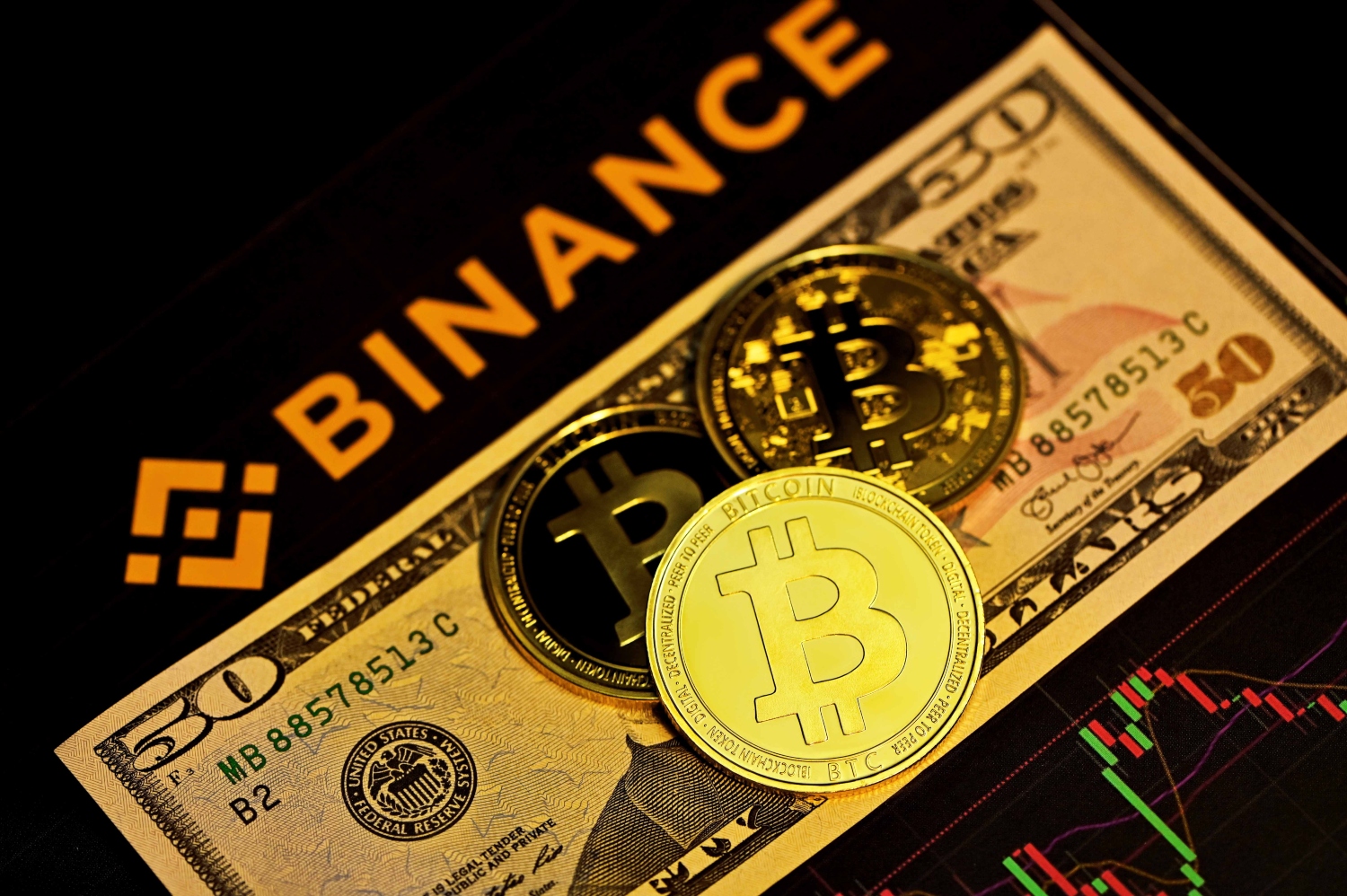The world’s largest cryptocurrency exchange, Binance, has been denied an operational license in Germany. The decision was made by the Federal Financial Supervisory Authority (BaFin), Germany’s financial regulator.
BaFin said that Binance had failed to meet its requirements for a license, including providing sufficient information about its ownership structure and risk management practices. The regulator also said that Binance had not complied with German anti-money laundering laws.
Binance has said that it is “disappointed” with the decision, but that it will continue to work with BaFin to obtain a license. The exchange has also said that it will continue to offer its services to German customers, albeit in a limited capacity.
The denial of Binance’s license is a blow to the exchange’s plans to expand into Europe. Germany is a major financial centre, and its decision to deny Binance a license could set a precedent for other European countries.
The decision also comes at a time when Binance is facing increasing scrutiny from regulators around the world. In the United States, the Securities and Exchange Commission (SEC) is investigating Binance for possible securities law violations.
The denial of Binance’s license in Germany is a reminder that cryptocurrency exchanges are still subject to the same regulatory scrutiny as traditional financial institutions. As the cryptocurrency industry continues to grow, it is likely that regulators will become even more involved in overseeing the sector.
What does this mean for German customers?
German customers who use Binance will still be able to access the exchange’s services, but they will be limited in what they can do. For example, they will not be able to trade derivatives products on Binance.
Binance has said that it is working to obtain a license from BaFin, and that it hopes to be able to offer a full range of services to German customers in the future. However, it is unclear how long this process will take.
What does this mean for the cryptocurrency industry?
The denial of Binance’s license in Germany is a setback for the cryptocurrency industry. It shows that regulators are still wary of the sector and that they are willing to take action against exchanges that do not comply with their rules.
This could make it more difficult for other cryptocurrency exchanges to obtain licenses in Europe. It could also discourage investors from using cryptocurrency exchanges, as they may be concerned about the risks involved.
However, it is important to note that the cryptocurrency industry is still in its early stages of development. As the industry matures, it is likely that regulators will become more comfortable with it and that they will be more willing to grant licenses to exchanges.
In the meantime, cryptocurrency investors should do their research before using any exchange, and they should be aware of the risks involved.
© Solana Daily Brief, Inc. All Rights Reserved. This article is for informational purposes only. It is not to be used as legal, tax, investment, financial, or other advice.